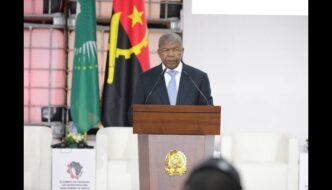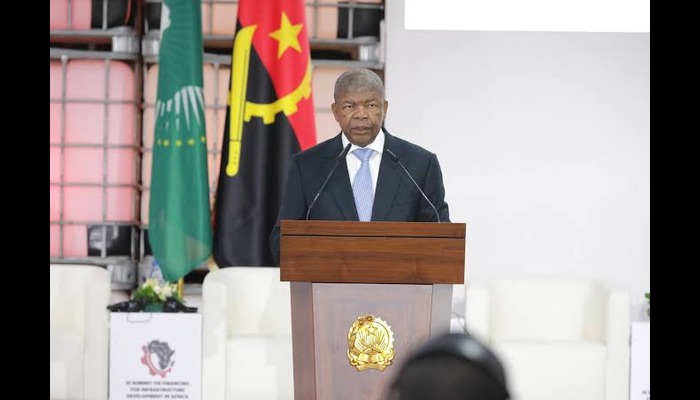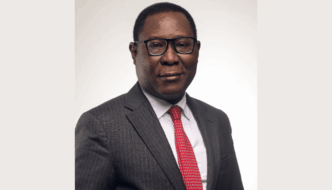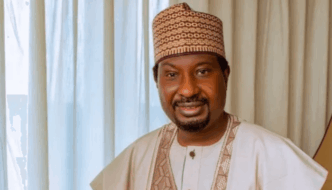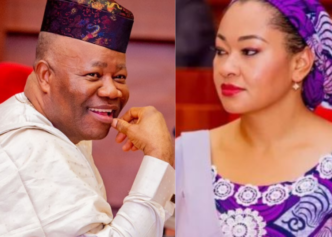João Lourenço, president of the Republic of Angola and chairperson of the African Union (AU), has stressed that Africa must invest between $130 billion and $170 billion annually to bridge infrastructure gaps and lay the foundation for sustainable growth.
He noted this during the Third Finance Summit for Africa’s Infrastructure Development, held in in Luanda, Angola, while stressing that African leaders need a call to action.
Read also: Luanda’s infrastructure financing summit set to mobilise $1.3tr for projects across Africa
He also emphasised that unlocking the continent’s full potential as a global growth engine depends on bridging its vast infrastructure financing gap.
According to Lourenço, Africa’s economic aspirations, from industrialisation to integration, hinges on the strength of the infrastructure that connects and empowers its people. “We cannot talk about the Africa we want without first building the infrastructure we need”, he said.
He further stressed that the foundations of Africa’s prosperity rests on roads, power grids, digital networks, and ports.
“To realise our ambitions, we must embrace two principles: prioritise African financing, skills, and innovation in infrastructure, and advance projects that drive industrialisation.
Read also:AU moves to back African-made aircrafts, shipping lines, driving job creation
Only then can we truly measure our progress by how we’ve built and industrialised our continent”, be noted.
Deals and dollars
The Summit moved beyond dialogue to secure tangible commitments, marked by the signing of three key Memoranda of Understanding (MOUs):
A partnership was made between the African Social Security Association and AUDA-NEPAD to channel African pension funds into continental infrastructure.
An MOU with Qatar Airways establishing a $500 million endowment for renewable energy and climate-aligned industrialization.
The establishment of the Angola export and trade facility to promote regional cooperation and trade.
Accelerating deal-making in dedicated ‘Deal Rooms’
A central feature of the Summit was the specially designated ‘deal rooms,’ where investors were engaged in curated, sector-specific pitch meetings for 13 advanced, near-bankable projects in energy, ICT, water, and transport.
These sessions were designed to facilitate in-depth due diligence and accelerate projects toward financial close.


